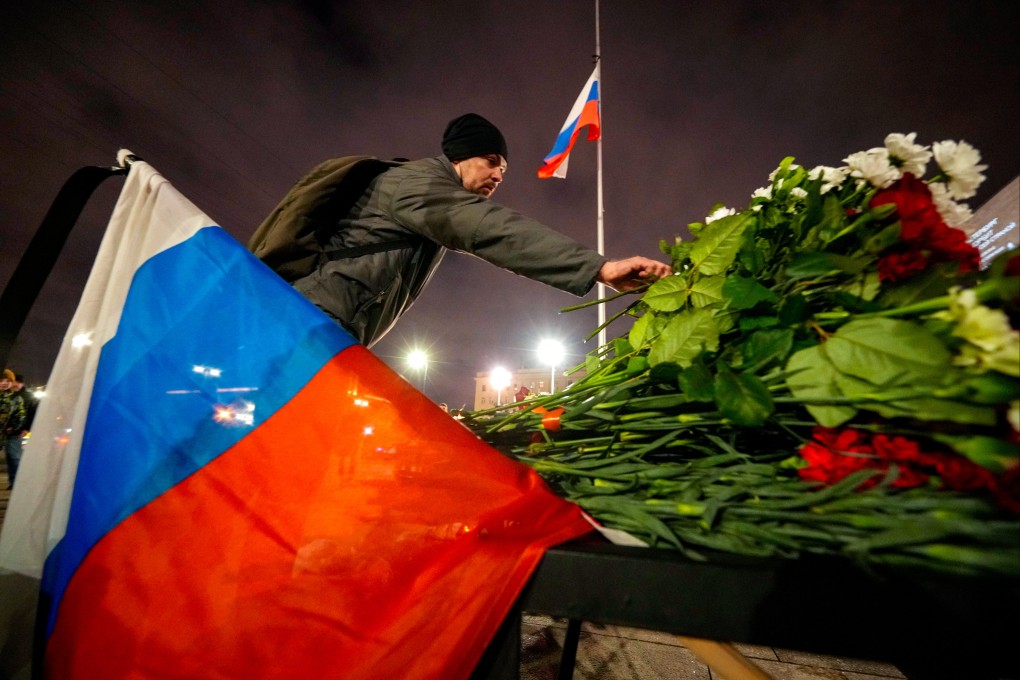Letters | Moscow attack: how to bolster societies against terrorism’s corrosive impact
- Readers discuss what the global response to the massacre that claimed over 130 lives should be, and cases involving the question of genocide in the recent past

Acts of violence, such as the one at Crocus City Hall which claimed over 130 lives, must not be attributed to any specific religion. Terrorism has no place in Islam or any other faith. The actions of a few extremists do not represent the beliefs or values of the wider Muslim community or any other religious group.
The impact of terrorism extends far beyond the loss of innocent lives. It permeates communities, instilling fear, division and mistrust. To counter this, communities must come together and reject attempts to sow discord or foster hatred. By promoting dialogue, understanding and cooperation, we can build resilient and peaceful societies that can withstand the corrosive influence of terrorism.
Addressing terrorism requires a comprehensive approach that encompasses not only security measures but also the promotion of religious education. It is crucial to teach the true principles and values of Islam and other faiths in a contextualised and nuanced manner. By fostering critical thinking, empathy and a pluralistic outlook, particularly among the youth, we can empower individuals to resist extremist ideologies.
Stereotypes, prejudices and discriminatory attitudes fuel hatred and extremism. Embracing diversity, celebrating cultural exchange and encouraging interfaith dialogue can help foster an inclusive environment that values unity and mutual respect.
